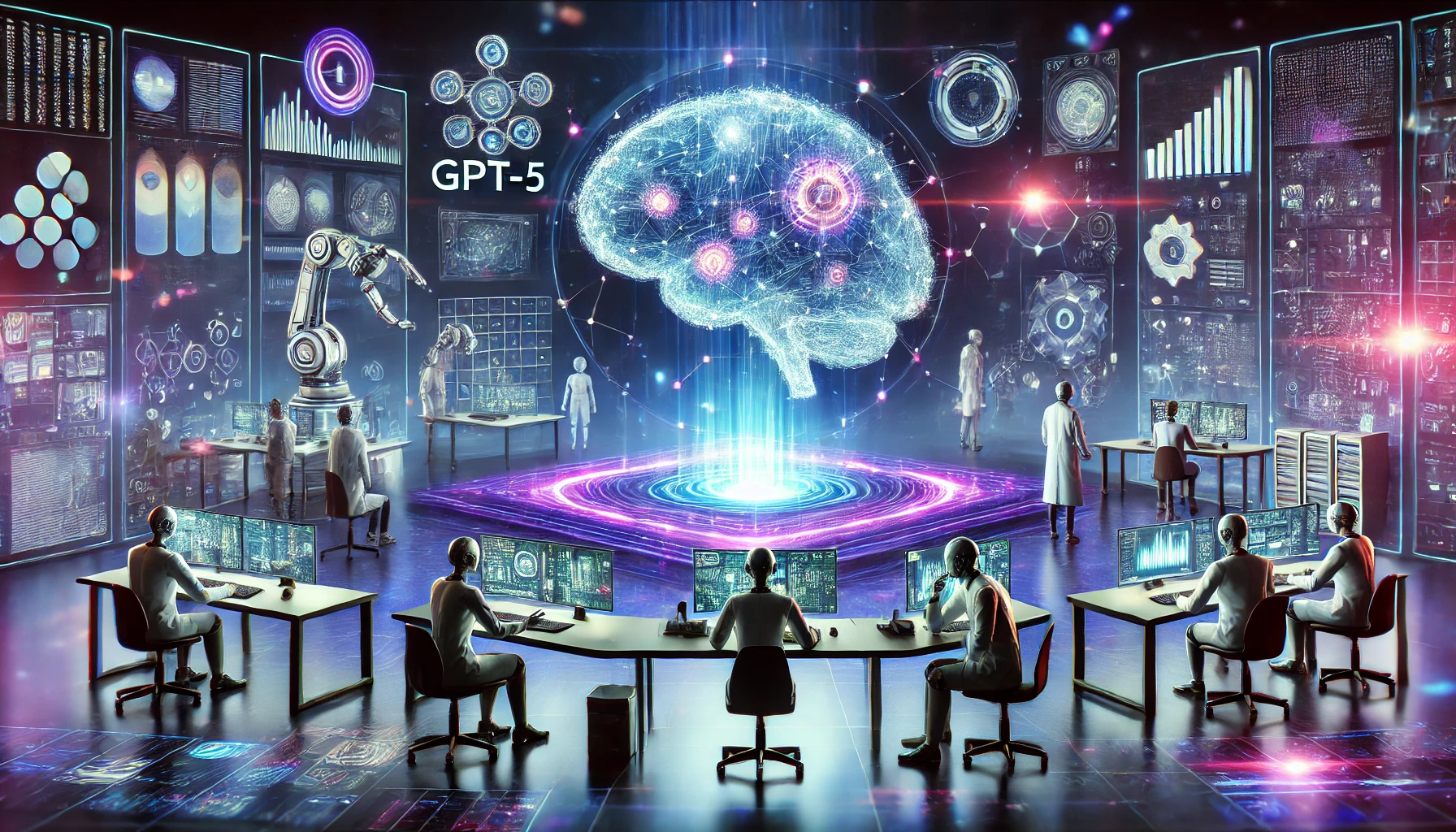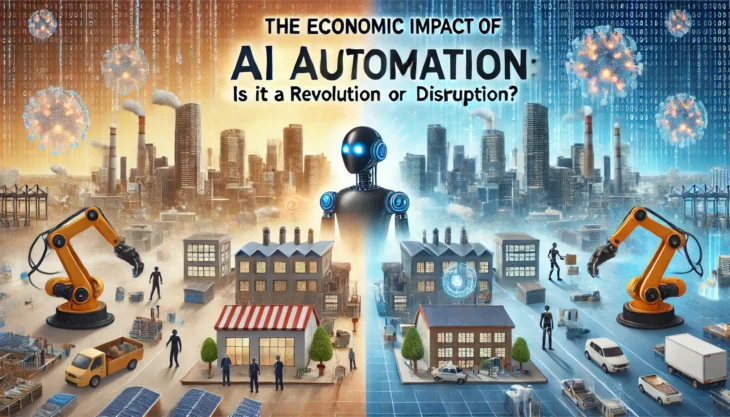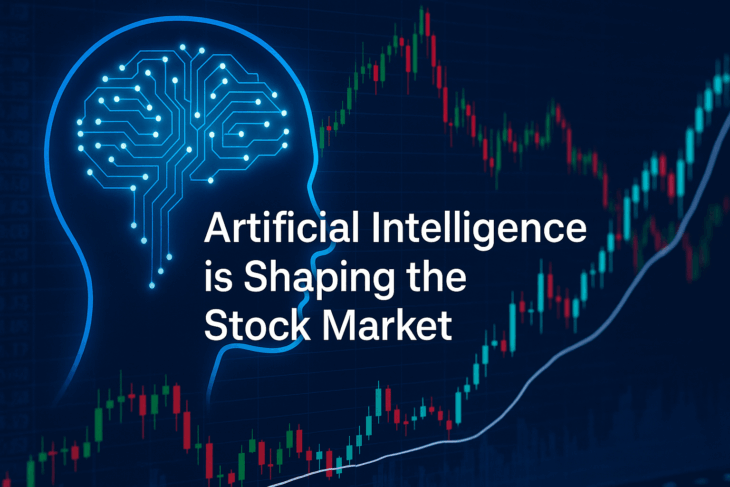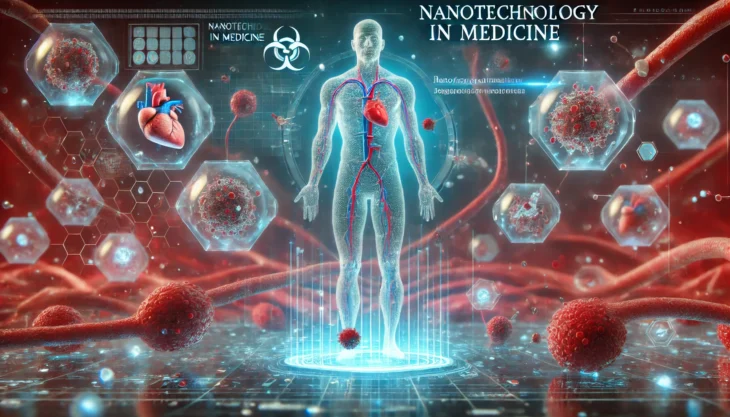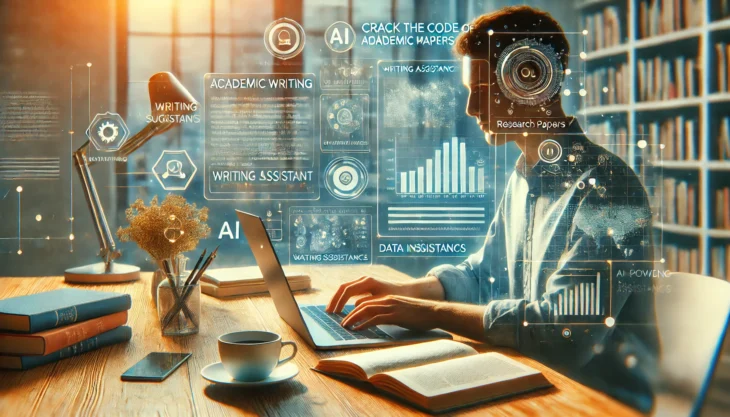Imagine a world where research happens at lightning speed, where complex ideas are distilled into simple insights in seconds, and where scientists, students, and analysts have a digital assistant that never sleeps. Welcome to the era of GPT-5, a game changer in the world of research.
Smarter, Faster, More Efficient
Traditional research is time-consuming. You dig through endless papers, analyze data, and spend hours structuring arguments. GPT-5 does all that in a fraction of the time. It can summarize thousands of documents, generate reports, and even suggest new areas of exploration. Instead of drowning in information, researchers can now focus on discovery.
One of its biggest strengths is automation. GPT-5 can handle tedious tasks like literature reviews and citation formatting. It allows researchers to spend more time on critical thinking and innovation rather than administrative work. This shift is speeding up the research process in universities, labs, and industries worldwide.
Breaking Down Complex Topics
Ever struggled with dense academic papers full of jargon? GPT-5 translates them into plain language. Whether you’re a student trying to understand quantum physics or a doctor looking into medical breakthroughs, GPT-5 makes knowledge accessible. It doesn’t just simplify; it connects dots you might have missed.
For example, in medical research, it can help professionals by summarizing clinical trials, identifying key takeaways, and comparing treatments across multiple studies. This allows doctors and researchers to make better, faster decisions with the most up-to-date information available.
The Ultimate Writing Assistant
Writing research papers is tough. Structuring arguments, ensuring citations are correct, and making sure your writing is clear. It’s a lot. GPT-5 acts as a co-writer, refining language, suggesting improvements, and even generating full sections based on your ideas. It’s like having an expert editor on call 24/7.
Academic institutions are already integrating GPT-5 into their workflows to help students and professionals write more effectively. Researchers can use it to draft grant proposals, academic papers, and even peer reviews. This reduces the time spent on writing and increases the focus on quality research.
Data Analysis Like Never Before
Data is at the heart of research, but analyzing it takes skill and patience. GPT-5 can process vast datasets, recognize patterns, and provide insights in record time. Whether you’re working with medical statistics, economic trends, or scientific experiments, GPT-5 turns raw numbers into meaningful conclusions.
By integrating GPT-5 with AI-driven data tools, researchers can now automate hypothesis testing, detect anomalies in data, and even generate predictive models. This means researchers can uncover insights that might have taken months to find in just a matter of days.
Collaboration Across Borders
Research isn’t just about one person’s work. It’s about collaboration. GPT-5 helps teams across the world communicate seamlessly. It can translate research papers, summarize international studies, and even draft collaborative reports. Language barriers? No longer a problem.
Imagine a scientist in Japan working with a researcher in Germany. GPT-5 can instantly translate their research into both languages, allowing seamless collaboration. It also enables global access to knowledge, ensuring that research isn’t limited to just English-speaking scholars.
Revolutionizing Literature Reviews
A literature review is one of the most critical yet tedious parts of research. It involves going through hundreds of papers, identifying key arguments, and synthesizing findings. GPT-5 automates this process by scanning thousands of studies, summarizing key points, and identifying trends across research fields.
For PhD students and early-career researchers, this is a game-changer. Instead of spending months gathering literature, they can get a comprehensive review in hours, allowing them to focus on analysis and theory development.
Ethics and Limitations of GPT-5
Of course, no tool is perfect. GPT-5, like any AI, relies on the quality of the data it’s trained on. Researchers must verify its outputs, cross-check sources, and use it responsibly. It’s a powerful assistant, but critical thinking remains essential.
There are also concerns about academic integrity. Some worry that AI-generated content may lead to plagiarism or a decline in critical thinking skills. Institutions are addressing this by promoting ethical AI use and emphasizing the importance of human oversight in research.
The Future of Research with GPT-5
With GPT-5, research is evolving. Faster discoveries, clearer insights, and broader access to knowledge. This is just the beginning. As AI continues to advance, the way we learn, analyze, and innovate will never be the same. The future of research isn’t just human. It’s a partnership between human curiosity and artificial intelligence.
As we move forward, researchers must learn to work alongside AI, using it as a tool to enhance their capabilities rather than replace them. With responsible use, it has the potential to revolutionize academia, medicine, and countless other fields. The possibilities are limitless.

